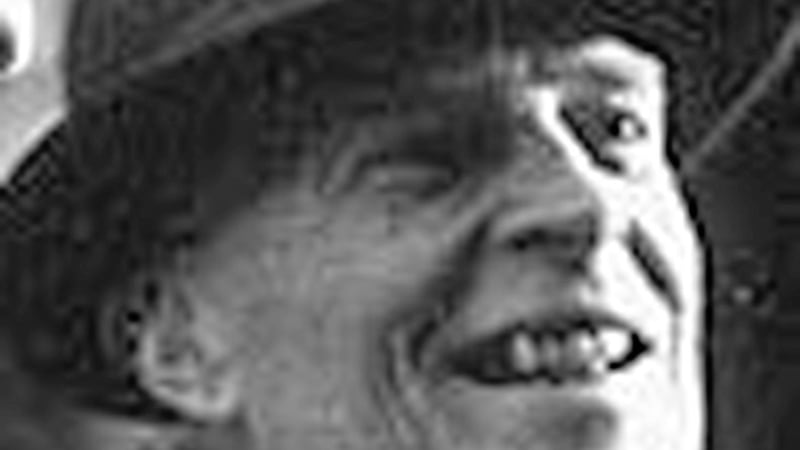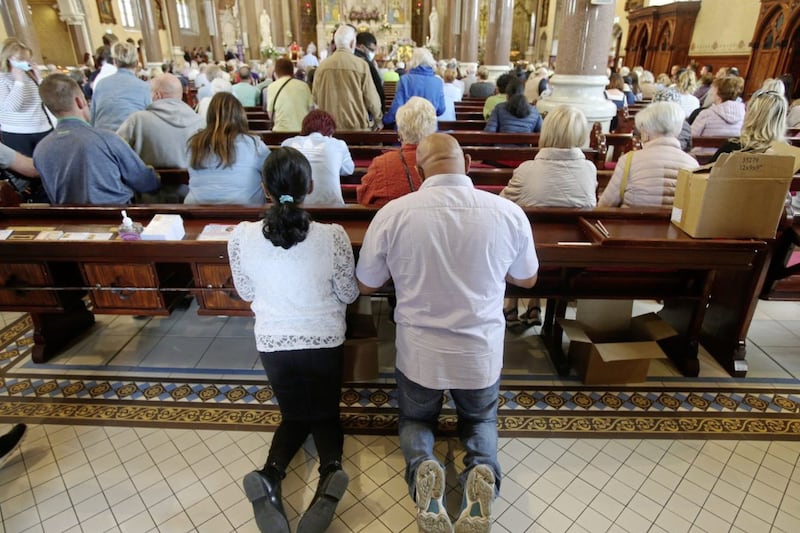DR Roddy Evans was a skilled surgeon who practised medicine on five continents and sought to bring peace to situations in India and Ireland.
Born in Woodtown, Co Meath in 1923, he played rugby and cricket for Leinster schoolboys before studying at Trinity College Dublin and qualifying in medicine, becoming a Fellow of the Royal College of Surgeons and working in Dublin and London hospitals.
At university he encountered Moral Rearmament (now renamed Initiatives of Change), which he liked because “it was practical Christianity based on putting your own life in order first so that you could do some good”.
The Second World War had marked the beginning of the end of centuries-old European colonial rule. New nations were springing up and in 1952, Moral Rearmament founder Dr Frank Buchman received invitations from Asia’s young leaders to bring a group of 250 people to help with reconstruction of the continent.
Roddy offered to be part of their medical team and, purchasing four tomes on tropical medicine in London, he read them during a four-day journey in a noisy converted military aircraft to Sri Lanka.
The group toured India, spending a month in beautiful Kashmir. They travelled to the border and walked across into Pakistan, one of the first to do so.
The Indian sub-continent remained in Roddy's heart thence forward and he often spoke about the tragedy of partition, the template for which was his own country.
Roddy had a gracious and genial approach which won friends wherever he went.
They included the former Burmese prime minister U Nu, who had been ousted in a military coup and placed in detention on the bogus pretext that he was senile.
Roddy conducted a wide range of Western medical tests which proved he was in good health.
In the north-east of India in the late 1960s, the Khasi Hills people were demanding a separate state with some prepared to have a guerrilla war to achieve it.
A delegation came to Dehli to negotiate with the Indian government.
With forward thinking, Roddy and Indian colleagues organised a dinner for them to meet Madame Irene Laure, a former French Resistance fighter who after the war had apologised to Germans for her hatred because she realised she had to change if a united Europe was to be built.
That evening was a turning point and Meghalaya, an autonomous state within the Indian confederation, was the agreed result.
Roddy returned to live in Belfast in 1970, where the 1920/21 constitutional arrangements were beginning to unravel.
He and other Protestants and Catholics met for regular Bible studies at Clonard Monastery in west Belfast.
Their meetings unexpectedly revealed that the fundamental issue was the unhealed relationship between Britain and Ireland.
In this they were supported by the Rev John Austin Baker, Chaplain to the House of Commons, who had given a powerful sermon acknowledging England’s misdeeds in Ireland.
Later, as Bishop of Salisbury, he became the first Anglican Bishop to preach at Clonard and at the Catholic Cathedral in Armagh.
Fr Alec Reid from Clonard led an initiative that resulted in a breakthrough in the peace process and eventually the Good Friday Agreement.
Roddy often liked to quote Fr Reid, who believed that “the only way to change things was through dialogue, leaving room for the Holy Spirit to do its work in human history”.
Roddy’s public statements and booklets on the experiences of those attending the Clonard Bible Study are posted on Ulster University’s Cain website.
He read three newspapers daily apart from his final year, when with failing eyesight he kept three radios tuned to world, national and local news.
His surgical training reappeared as he could provide sharp, precise analyses of events. As one friend said: “Afterwards you knew how to think about a situation properly."
For 70 years Roddy had received no salary or pension, remarking that God always seemed to provide for him.
He was active in his Belfast church, enjoyed supporting the Belfast Abbeyfield Society, and was a passionate member of the Church of Ireland Men’s Society.
Nothing brought greater joy than, with his friends from the Clonard Bible study group, bringing Lebanese Muslim and Christian former militia enemies to his church to speak together.
Dr James Roderick Evans died aged 97 in Belfast on September 9. He is survived by his sister Hazel, brother Jef, and nephews and nieces and their families.
Alec McRitchie








